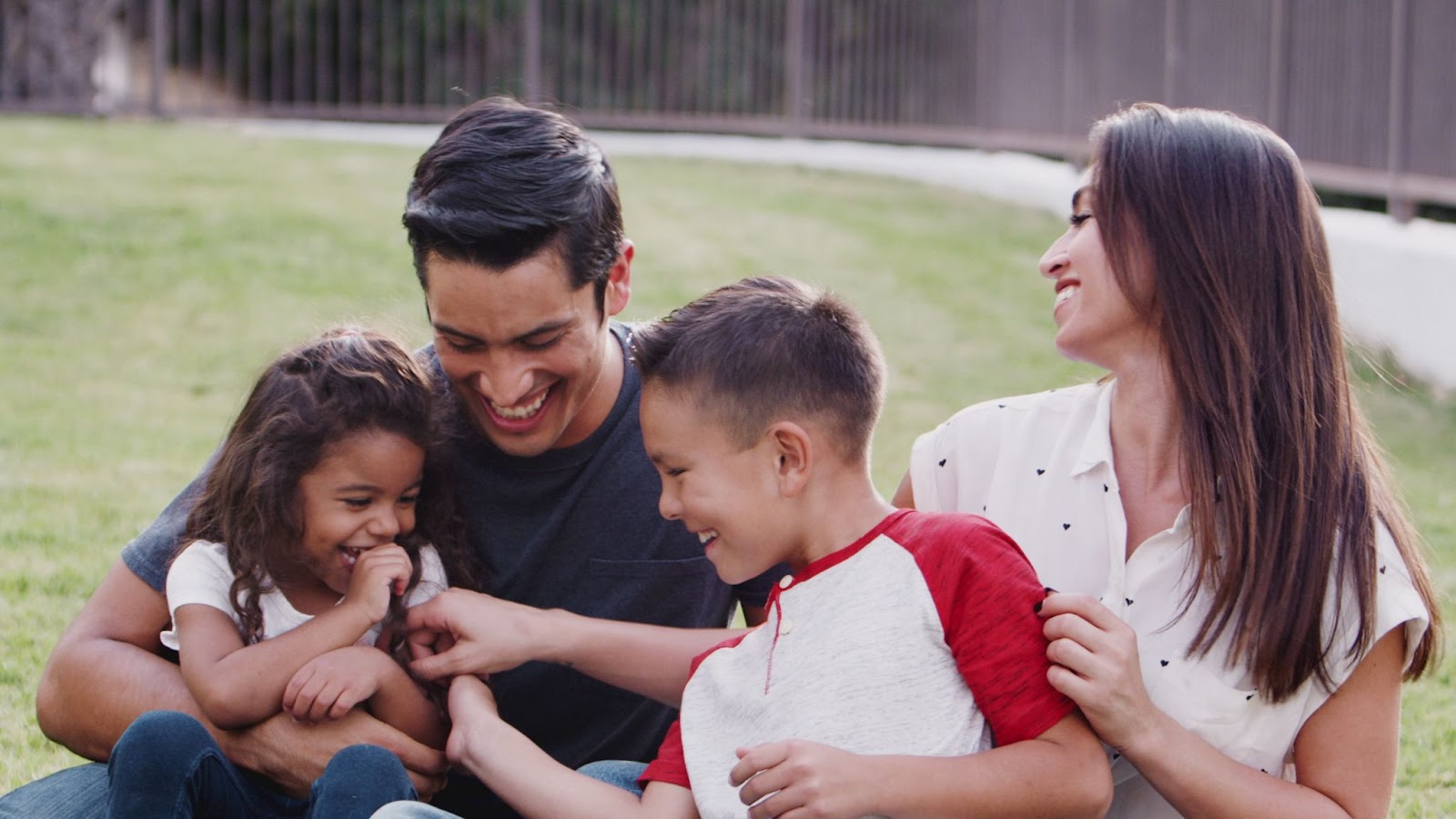Trust is the foundation of every healthy relationship, and the bond between parent and child is no exception. As children grow, their needs, perspectives, and independence evolve. Nurturing trust through each stage of development is essential for fostering open communication, emotional security, and lifelong connection.
Parenting styles play a crucial role in shaping a child’s development, self-esteem, and future relationships. Among the various approaches, permissive parenting is characterized by high responsiveness but low demands. Permissive parents are nurturing and communicative but tend to set few rules and rarely enforce consistent boundaries. While this style may seem loving and supportive, it can have significant drawbacks for children as they grow.
Phobias are more than just everyday fears—they’re intense, persistent, and can interfere with a child’s daily life. As a parent, watching your child struggle with a phobia can be heartbreaking and sometimes overwhelming. The good news? With understanding, patience, and the right strategies, you can help your child manage and overcome their fears.
Parenting is often described as a team effort, but what does that really mean? Should parenting always be a 50/50 split, or is there more to the story? In this blog, we’ll explore the dynamics of shared parenting responsibilities and how families can find balance in their unique situations.
Hi there, wonderful parents! I’m so glad you’re here. Today, I want to talk about something that might sound a little technical—“parental projective identification”—but I promise, it’s a concept that can make a big difference in how we connect with our kids. As a play therapist, I see this dynamic pop up in families all the time, and understanding it can help us nurture our children’s emotional health (and our own!).
Helicopter parenting is a term used to describe parents who are overly focused on their children. These parents typically take too much responsibility for their children’s experiences and, especially, their successes or failures. While it’s natural to want the best for your child, hovering too closely can have unintended consequences.
Raising resilient children is one of the most valuable gifts we can give as parents. Resilience helps kids navigate life’s challenges, bounce back from setbacks, and develop confidence in their ability to handle difficult situations. Here are some practical ways to help your child build strong coping skills…
When a crisis strikes—whether it’s a family emergency, a natural disaster, or a global event—children often feel confused, scared, and overwhelmed. As a parent or caregiver, your support is crucial in helping them navigate these challenging times. Here are some of the most productive ways to support your child during a crisis:
Adolescence is a time of rapid change—physically, emotionally, and socially. As teens navigate these transitions, their relationship with their bodies can become complicated. Developing a healthy body image during this stage is crucial for long-term self-esteem and mental well-being.
As a parent, nothing is more heartbreaking than seeing your child struggle after experiencing or witnessing gun violence. The trauma from such events can leave lasting emotional scars, but with your love, support, and guidance, your child can begin to heal and regain a sense of safety.










